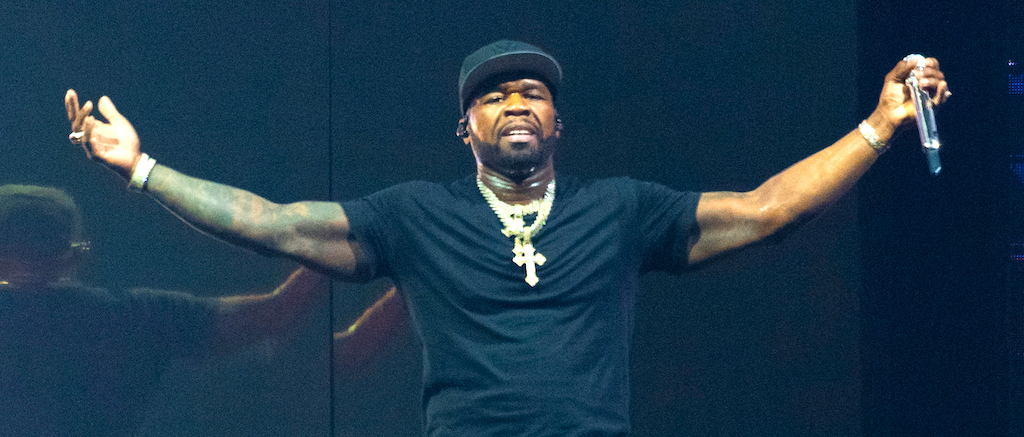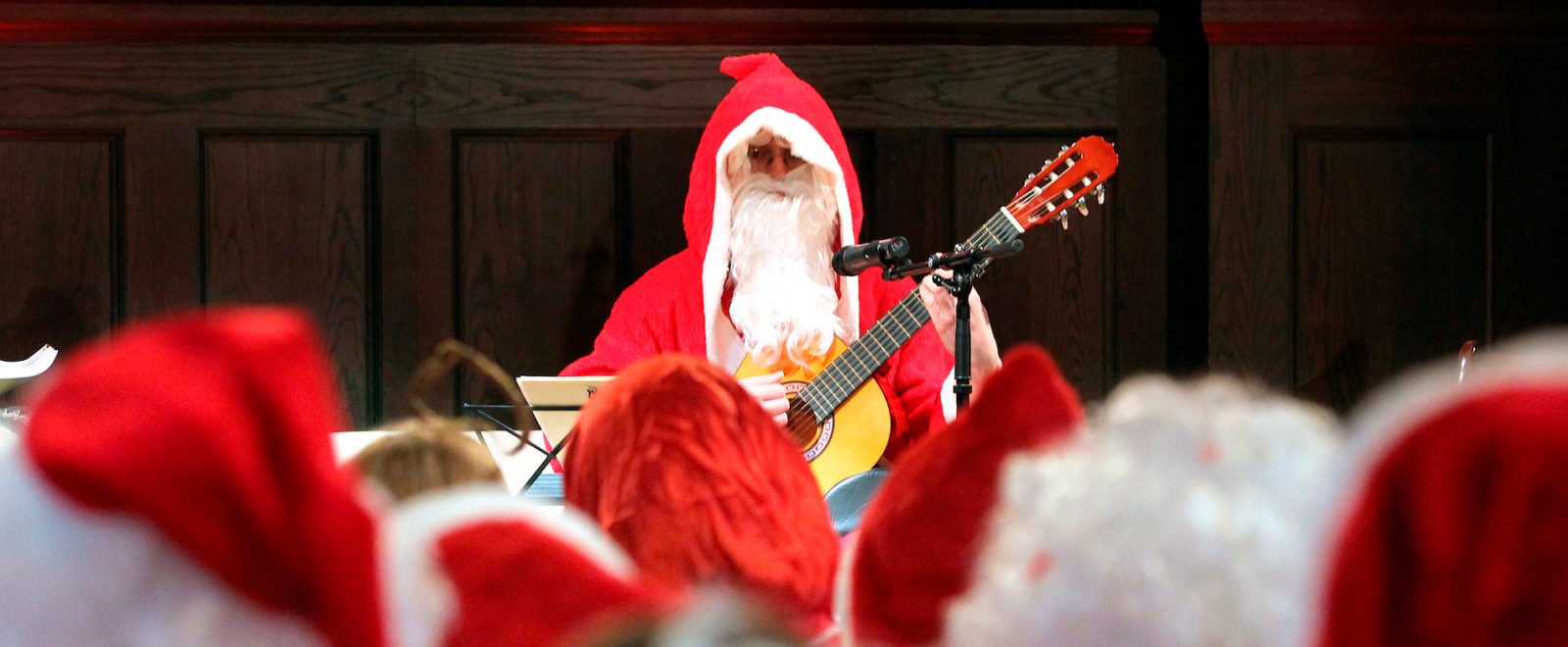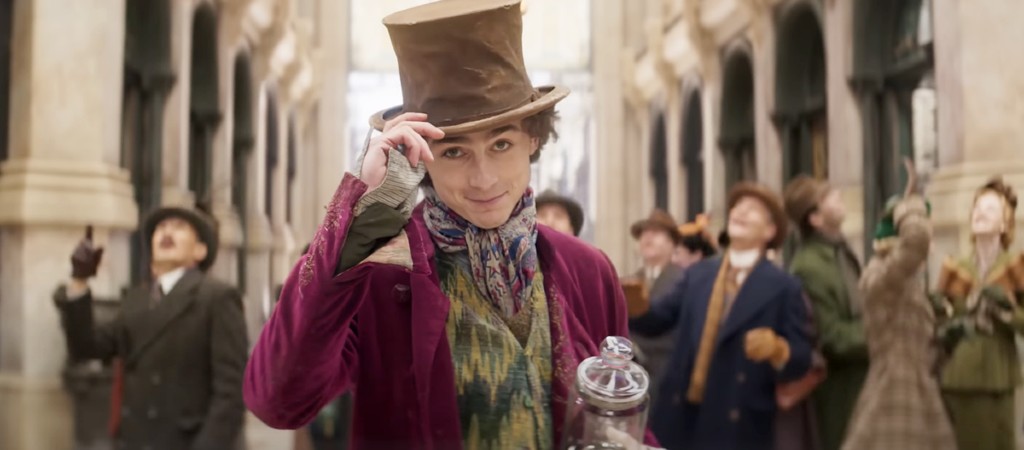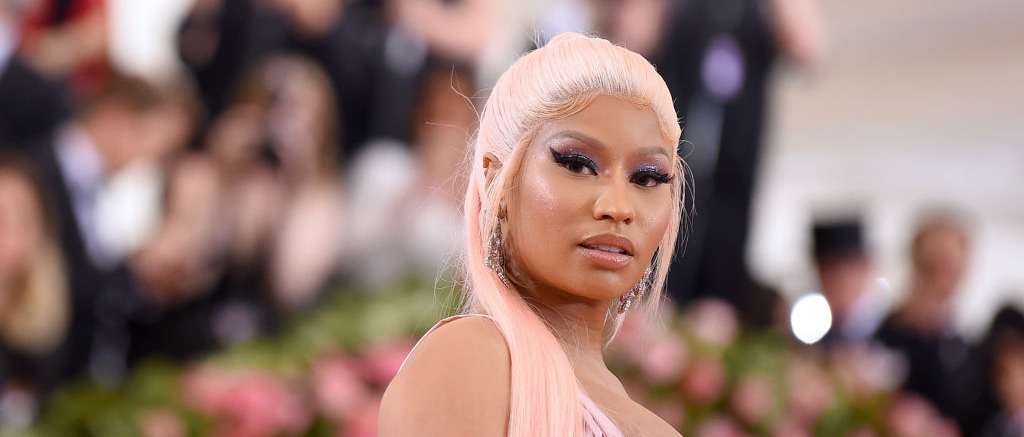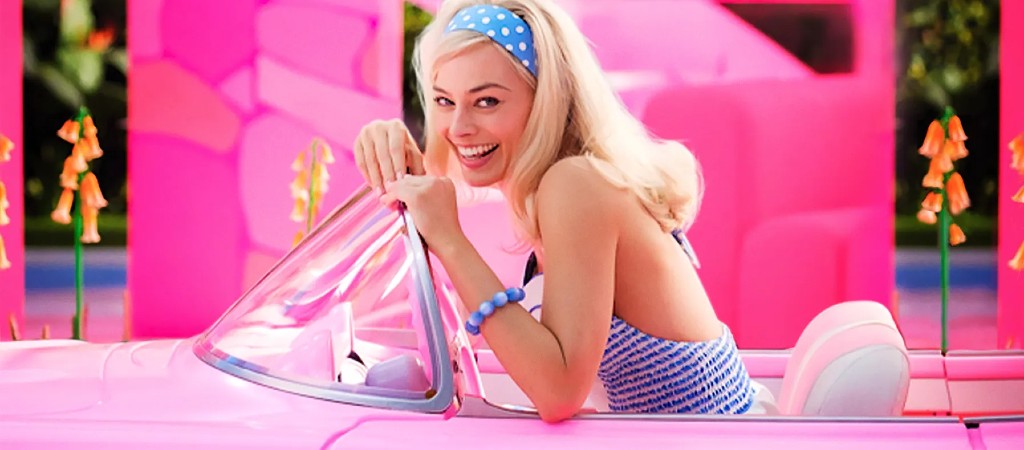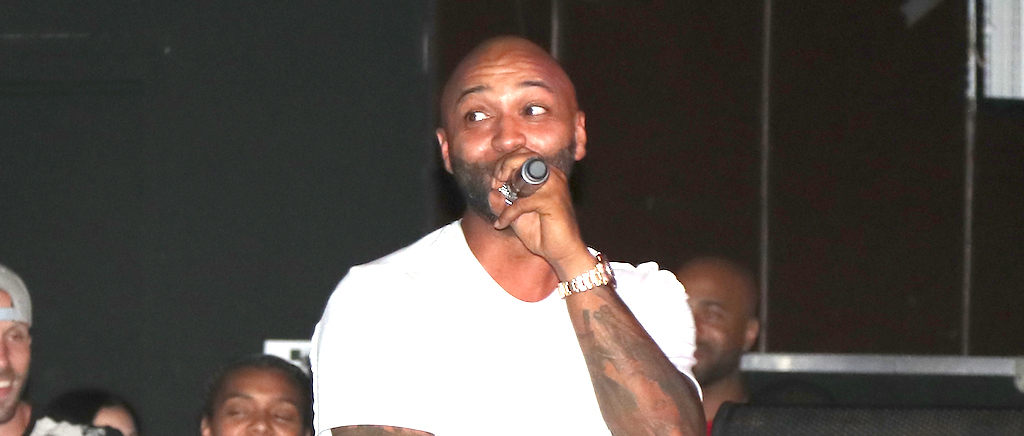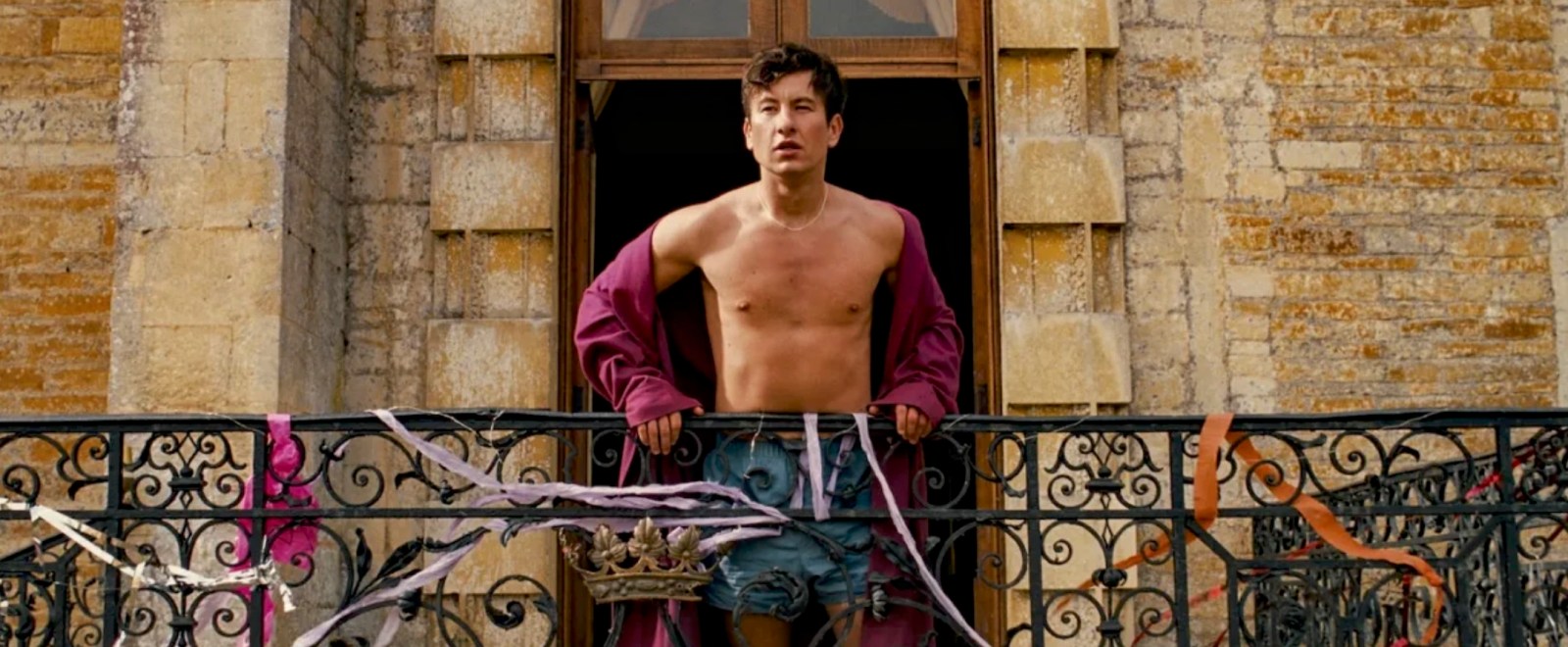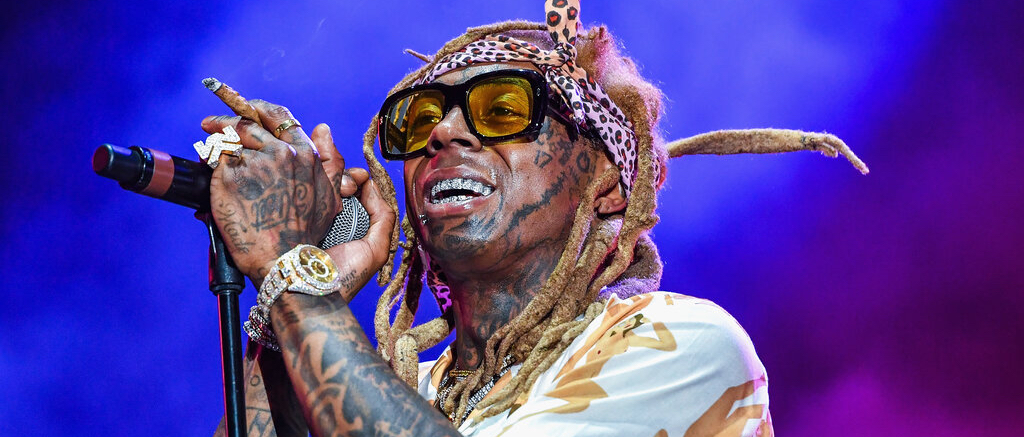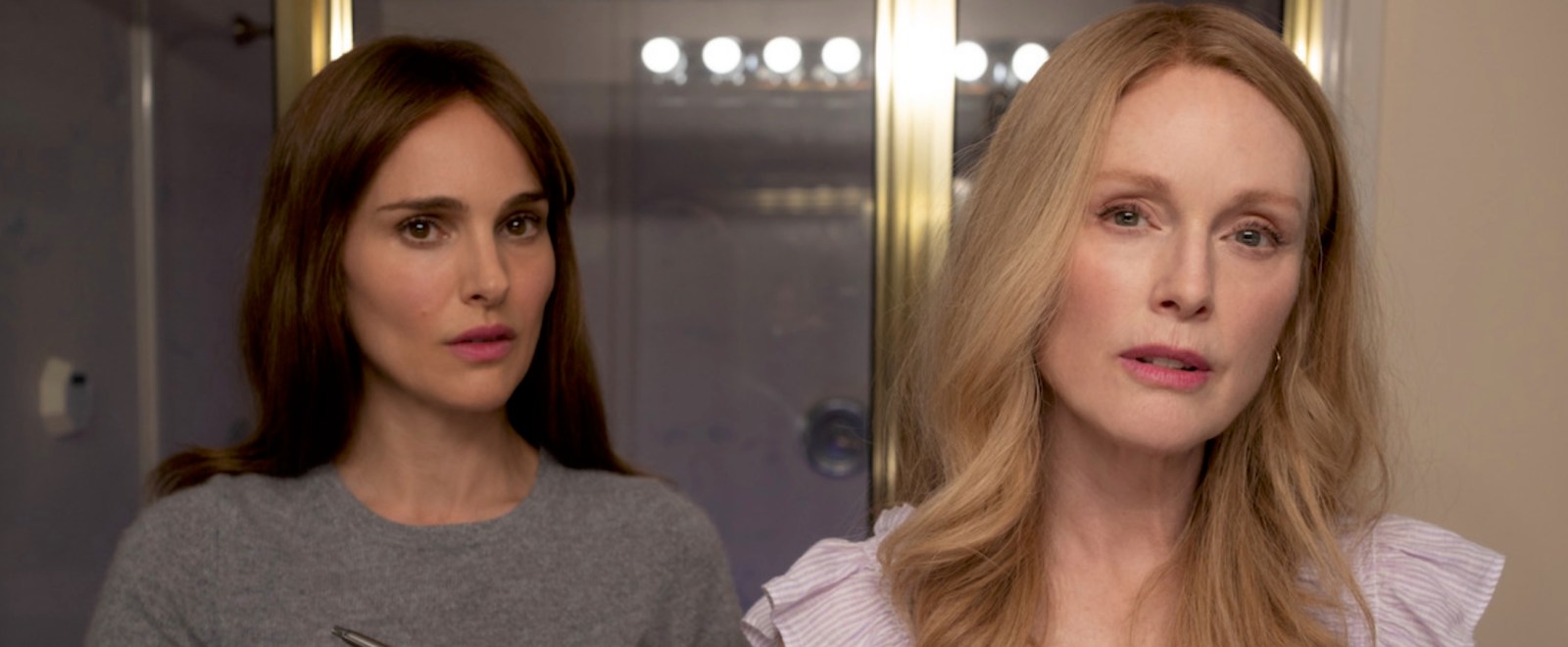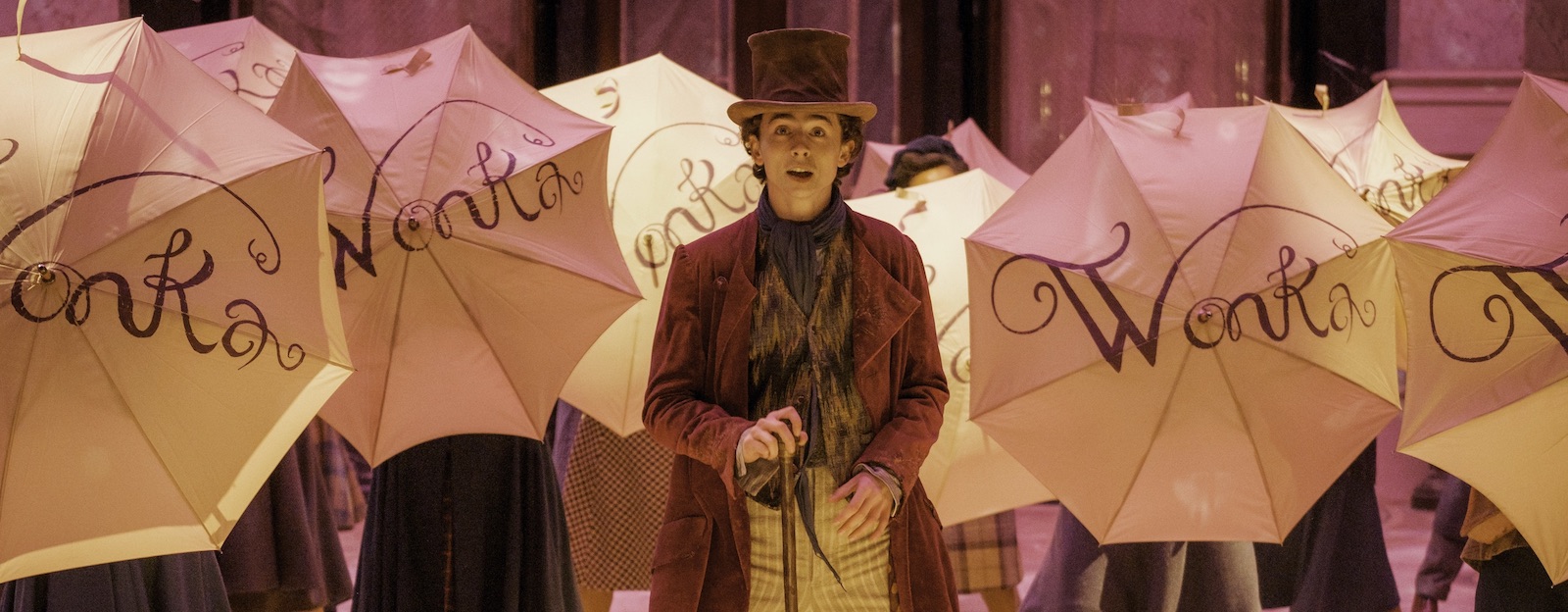
Even though Willy Wonka appears in just two of Road Dahl’s novels, by the end of this year, he’ll have three movies to his name, which is fun until you remember he also caused the disappearances of at least five children, but that part is mostly glossed over. A child drowned in chocolate on his watch, but we are going to enable it for the sake of giving Timothee Chalamet some attention.
The upcoming Wonka movie is a prequel, chronicling the humble beginnings of Wonka and his chocolate career. Wonka sets out on an adventure and ends up meeting the Oompa Loompas, but this is just the beginning of his journey to owning a factory–there are two more Wonka movies.
Willy Wonka and the Chocolate Factory is the 1971 film starring Gene Wilder as the original Wonka. Wilder’s Wonka has a bit of an attitude problem and some obvious quirks, but it becomes more okay when you realize that all of the kids touring the chocolate factory are pretty annoying. Then it gets fun as they are slowly picked off one by one!
Tim Burton’s Charlie and the Chocolate Factory landed in theaters in 2005, featuring Johnny Depp as Wonka, though Chalamet confirmed that he did not reach out to Depp while preparing for the role. Instead, he took inspiration from Bing Crosby and ran all the way to the chocolate factory. This takes place nearly two decades after Wonka is set.
Wonka is supposed to be a prequel to Burton’s adaptation, but perhaps Timmy will do so well that everyone forgets Depp’s Wonka. It’s not the first time he’s tried something like this.
Wonka is in theaters on December 15th.

